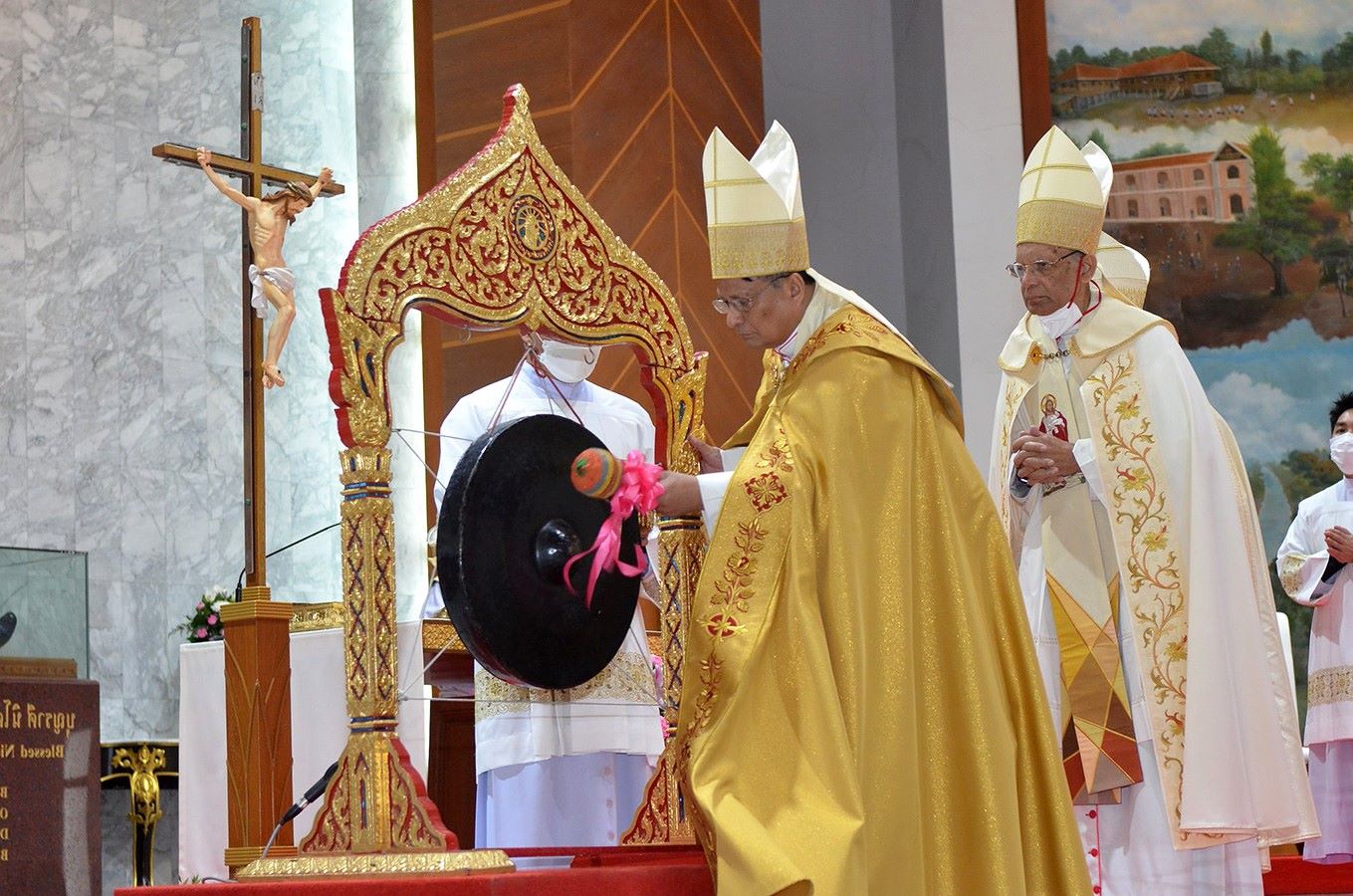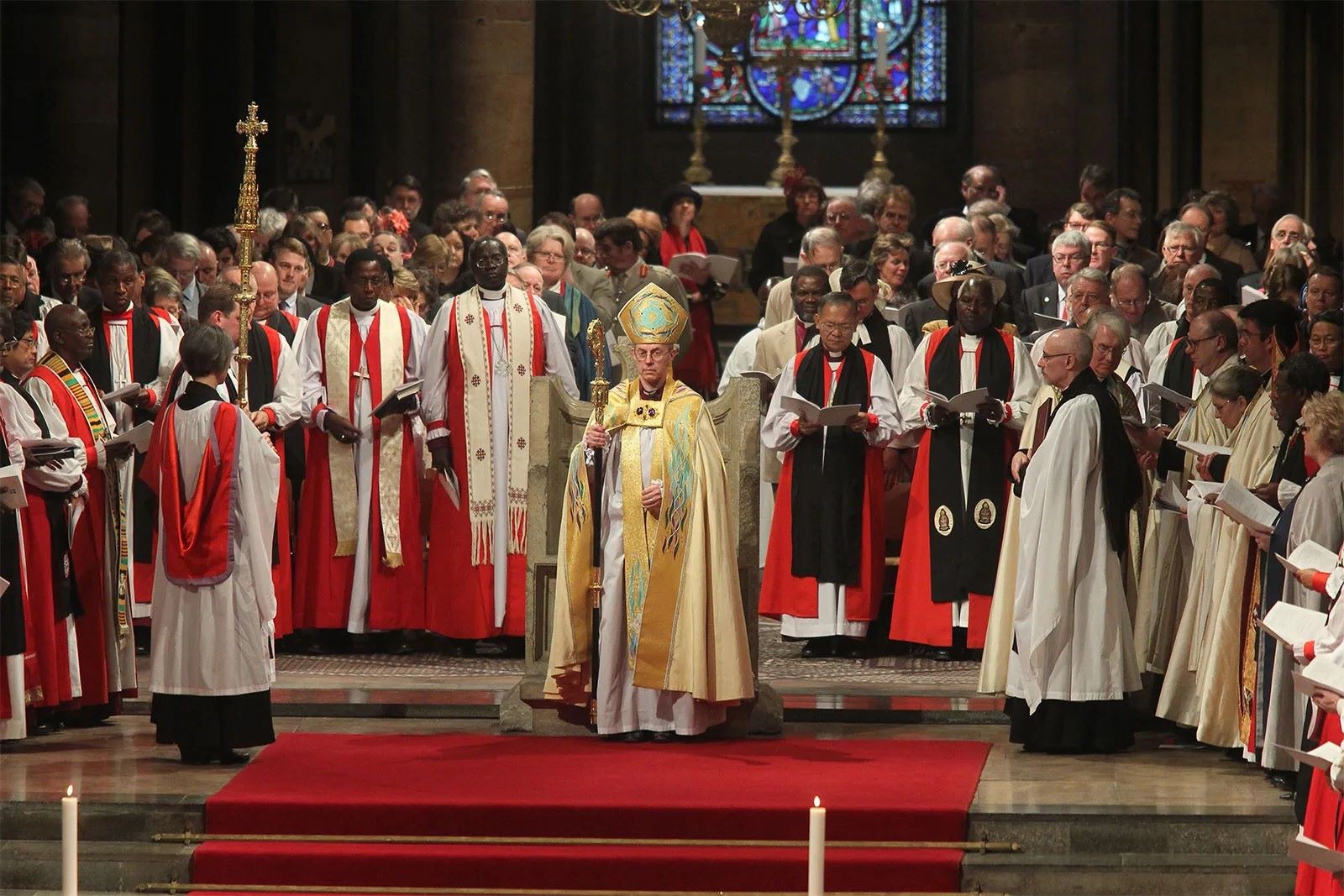
What is an Episcopal Conference? An Episcopal Conference is a national assembly of bishops from the Catholic Church. These gatherings allow bishops to discuss and coordinate church matters within their country. Episcopal Conferences play a crucial role in shaping policies, addressing local issues, and fostering unity among the clergy. They also serve as a bridge between the Vatican and local dioceses, ensuring that the Pope's directives are implemented effectively. Each conference operates independently but follows guidelines set by the Vatican. Understanding the function and significance of these conferences can provide insight into how the Catholic Church operates on a national level.
What is an Episcopal Conference?
An Episcopal Conference is a formal assembly of bishops within a specific country or region. These conferences play a crucial role in the governance and pastoral activities of the Catholic Church. Here are some fascinating facts about Episcopal Conferences.
-
National and Regional Scope: Episcopal Conferences can be national, covering all bishops in a country, or regional, encompassing bishops from several countries.
-
Origins in Vatican II: The concept of Episcopal Conferences was solidified during the Second Vatican Council (1962-1965), which aimed to modernize the Church.
-
Canon Law: Canon Law, the legal system of the Catholic Church, recognizes Episcopal Conferences and outlines their functions and authority.
Functions and Responsibilities
Episcopal Conferences have a wide range of responsibilities, from liturgical matters to social issues. They help coordinate the Church's activities and ensure consistency in teachings and practices.
-
Liturgical Guidelines: They establish guidelines for liturgical practices, ensuring uniformity in worship across dioceses.
-
Social Justice: Many conferences actively engage in social justice issues, advocating for the poor and marginalized.
-
Education: They oversee Catholic education, setting standards for schools and universities.
Decision-Making and Authority
The authority of Episcopal Conferences is significant but not absolute. They operate within the framework of the universal Church and under the guidance of the Pope.
-
Collective Decisions: Decisions are made collectively, often requiring a two-thirds majority vote among bishops.
-
Papal Approval: Some decisions, especially those affecting doctrine, require approval from the Pope.
-
Binding Decrees: Once approved, their decrees are binding on all dioceses within the conference's jurisdiction.
Notable Episcopal Conferences
Several Episcopal Conferences have gained prominence due to their size, influence, or historical significance.
-
United States Conference of Catholic Bishops (USCCB): One of the most influential, addressing issues from immigration to healthcare.
-
Italian Episcopal Conference (CEI): Known for its close relationship with the Vatican, given its location in Italy.
-
Latin American Episcopal Conference (CELAM): Plays a vital role in coordinating the Church's activities across Latin America.
Challenges and Controversies
Like any large organization, Episcopal Conferences face challenges and controversies. These can range from internal disagreements to external pressures.
-
Internal Disputes: Bishops may disagree on various issues, leading to internal conflicts.
-
External Pressures: Governments and societal changes can pressure conferences to adapt or respond to new challenges.
-
Scandals: Like other parts of the Church, Episcopal Conferences have had to deal with scandals, particularly those involving abuse.
Episcopal Conferences are essential to the Catholic Church's structure, providing leadership and coordination across regions. Their influence and responsibilities make them a vital part of the Church's mission.
Final Thoughts on Episcopal Conferences
Episcopal Conferences play a crucial role in shaping the Catholic Church's direction and policies. They bring bishops together to discuss important issues, ensuring unity and consistency across dioceses. These conferences address a wide range of topics, from liturgical practices to social justice concerns, reflecting the Church's commitment to adapting to modern challenges while staying true to its core beliefs.
Understanding the significance of Episcopal Conferences helps us appreciate the collaborative efforts that go into maintaining the Church's global presence. They foster communication, cooperation, and collective decision-making, which are essential for addressing the diverse needs of the Catholic community.
By staying informed about the workings of Episcopal Conferences, we gain insight into the Church's inner workings and the dedication of its leaders to guiding their flock. This knowledge enriches our appreciation of the Church's efforts to remain relevant and responsive in an ever-changing world.
Was this page helpful?
Our commitment to delivering trustworthy and engaging content is at the heart of what we do. Each fact on our site is contributed by real users like you, bringing a wealth of diverse insights and information. To ensure the highest standards of accuracy and reliability, our dedicated editors meticulously review each submission. This process guarantees that the facts we share are not only fascinating but also credible. Trust in our commitment to quality and authenticity as you explore and learn with us.


